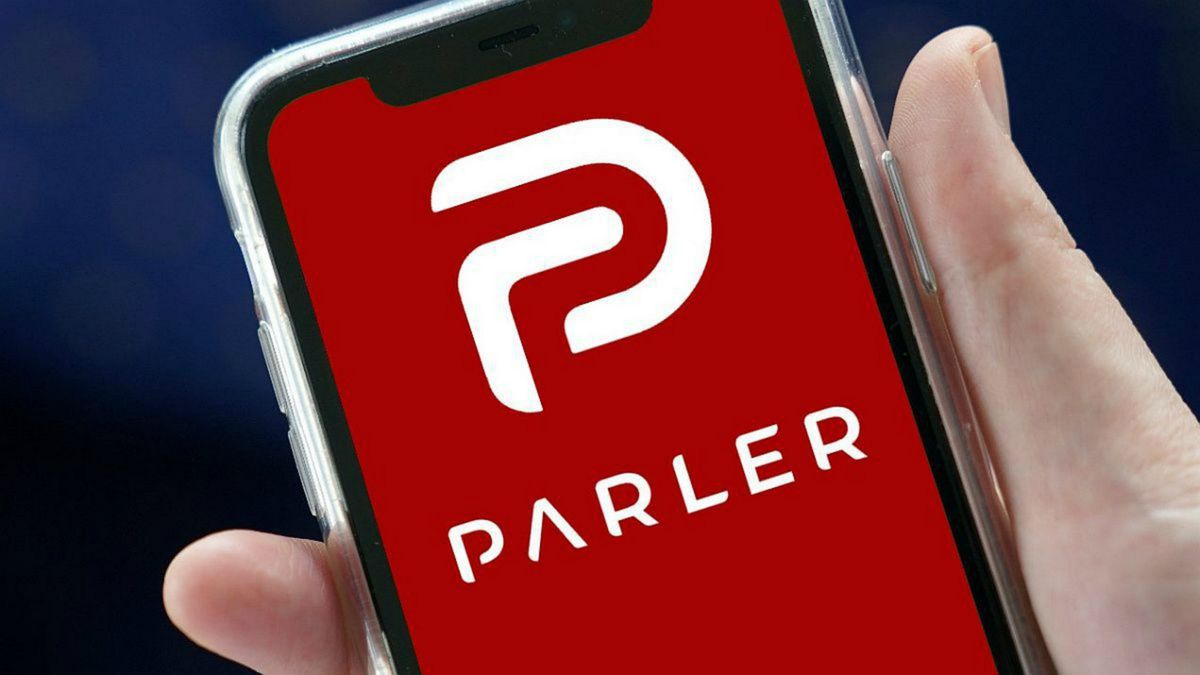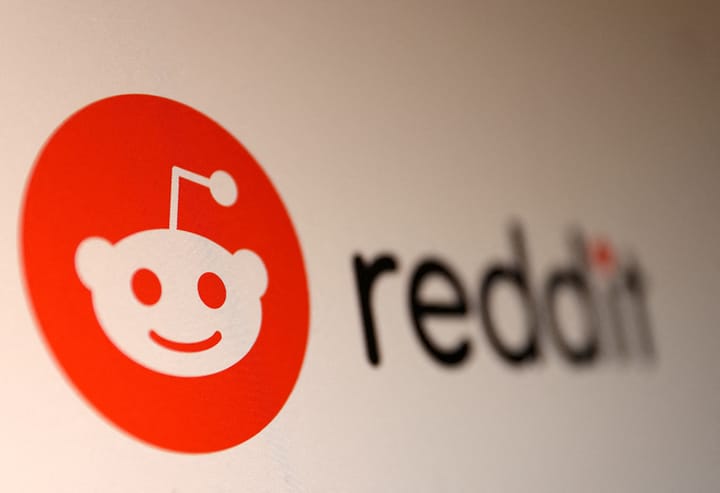Are these the last days of Parler, the conservative alternative to Twitter?

A few minutes every morning is all you need.
Stay up to date on the world's Headlines and Human Stories. It's fun, it's factual, it's fluff-free.
If Parler wants to survive, the most obvious path going forward is to follow the example of Gab, a social media platform that is notorious for its openness to white supremacists.
Mere months ago, the future of Parler looked bright. Launched in 2018 as an alternative to Twitter and Facebook, the platform experienced a surge in 2020 as waves of high-profile conservative politicians and celebrities recommended Parler to their loyal followers. For a time, it appeared as if the upstart social media platform might put a sizable dent in Twitter’s user base.
Then January 6 happened: a mob of pro-Trump insurrectionists descended on the United States Capitol in a violent attack that resulted in at least one police officer’s death. Footage of the attack shocked the nation. The political and legal repercussions were swift, with more still likely to occur.
President Donald Trump, who had extensively used Twitter throughout his presidency and was accused of encouraging the coup attempt, was banned from his social media platforms. Twitter, Facebook and other major platforms rapidly responded to the attack by banning people who were calling for more violence or spreading conspiracy theories about the 2020 election.
As the social media giants enacted an unprecedented shutdown of far-right users, Parler faced a crisis. Its reason for being was to provide a platform for absolute free expression, with no censorship whatsoever. The result was a proliferation of violent rhetoric, with numerous Parler users calling for violence and targeting specific politicians.
Backlash led to both Google and Apple pulling the app from their respective shops. Amazon Web Services then announced it would no longer host the site. Parler’s creators vowed to find a way to continue to operate, but as of Monday morning, January 11, the app was no longer working.
On Sunday, a Twitter user asked Okta, a cloud server company, if it would continue to host Parler. Okta’s Twitter account responded: “We were notified that Parler was using a free trial of Okta’s product and we have terminated Parler’s access to the Okta platform. While we support organizations across the political spectrum, our platform will not be used for threats of violence and illegal activity.”
Parler’s co-founder, John Matze, posted a message (or “parley”) in the hours before the app went down, vowing to return, but with no specifics on when. Matze lamented that with Google, Apple and Amazon publicly dropping them, “most people with enough servers to host us have shut their doors to us.” He concluded, “Parler is my final stand on the internet … Parler is my home. See you all soon.”
What will Parler do next?
If Parler wants to survive, the most obvious path going forward is to follow the example of Gab, a social media platform that is notorious for its openness to white supremacists.
In many ways, Gab is the original Parler. Launched privately in 2016 and opened to the public in 2017, Gab is another Twitter-style platform that “strives to be the home of free speech online.” In May 2020, VICE described the site as being “filled with conspiracy theories, racism, and antisemitism.”
Gab initially became a haven for far-right figures who had been deplatformed by Twitter and other social media sites, including Milo Yiannopoulos, the former Breitbart editor and right-wing troll who was banned from Twitter in 2016 after instigating a harassment campaign against the Black comedian and actress Leslie Jones.
Gab gained notoriety in 2018 for its connection to Robert Bowers, the man who attacked a Pittsburgh, Pennsylvania Jewish synagogue, killing 11 people. The site was temporarily shut down when, as occurred with Parler, the companies that were hosting Gab pulled their support. Gab is currently hosted on its own servers.
Gab has struggled to grow its influence, even at one point setting up an account for Trump and inviting him to join. So far, the president has yet to take them up on the offer, but since he is now banned from Twitter and Parler is shuttered for the time being, perhaps he’ll consider it. Gab has reportedly experienced a surge of new users since Trump’s Twitter ban was announced.
If Parler does follow Gab’s example, it will effectively ensure Parler remains a niche app, used only by the most fringe on the political right.
On Monday, VICE reported that Parler had found a new webhost in Epix, a Washington-based company. Epix was the same web hosting company that stepped in to save Gab back in 2018 when it was dropped by its original host.
What did Parler do wrong?
Both Gab and Parler were instrumental in organizing the January 6 attack on the US Capitol. In addition to their users planning for the “Save America Rally,” a pro-Trump protest of President-elect Joe Biden’s victory in the presidential election, far-right extremists were seen in the days before the rally discussing potential violent action in Washington, DC.
“Free speech” platforms like Parler and Gab that attract far-right extremists, including white supremacists and Neo-Nazis, often face a dilemma: allow hateful, violent rhetoric to spread, or attempt to limit what is said on their platform and undermine their entire reason for existing.
Parler did delete a post by Lin Wood, the attorney who has been one of the leading voices pushing the false claim that the election was stolen from Trump. In that post, Wood called for the assassination of Vice President Mike Pence by firing squad. Wood has claimed Pence is a traitor for not doing more to support Trump and stop the certification of Biden’s win.
Deleting the post didn’t stop the shutdown, though, as many other Parler users had advocated for violence. Some users were planning future violent actions for the days leading up to and including Biden’s inauguration.
Adding insult to injury, on the day before Parler was shut down, a Twitter user named @donk_enby tweeted that she, working with @archiveteam, had hacked Parler and was archiving every Parler post, including deleted parleys. The metadata information could be used by authorities to locate and prosecute those who were involved in the attack on the Capitol.
Have a tip or story? Get in touch with our reporters at tips@themilsource.com




Comments ()